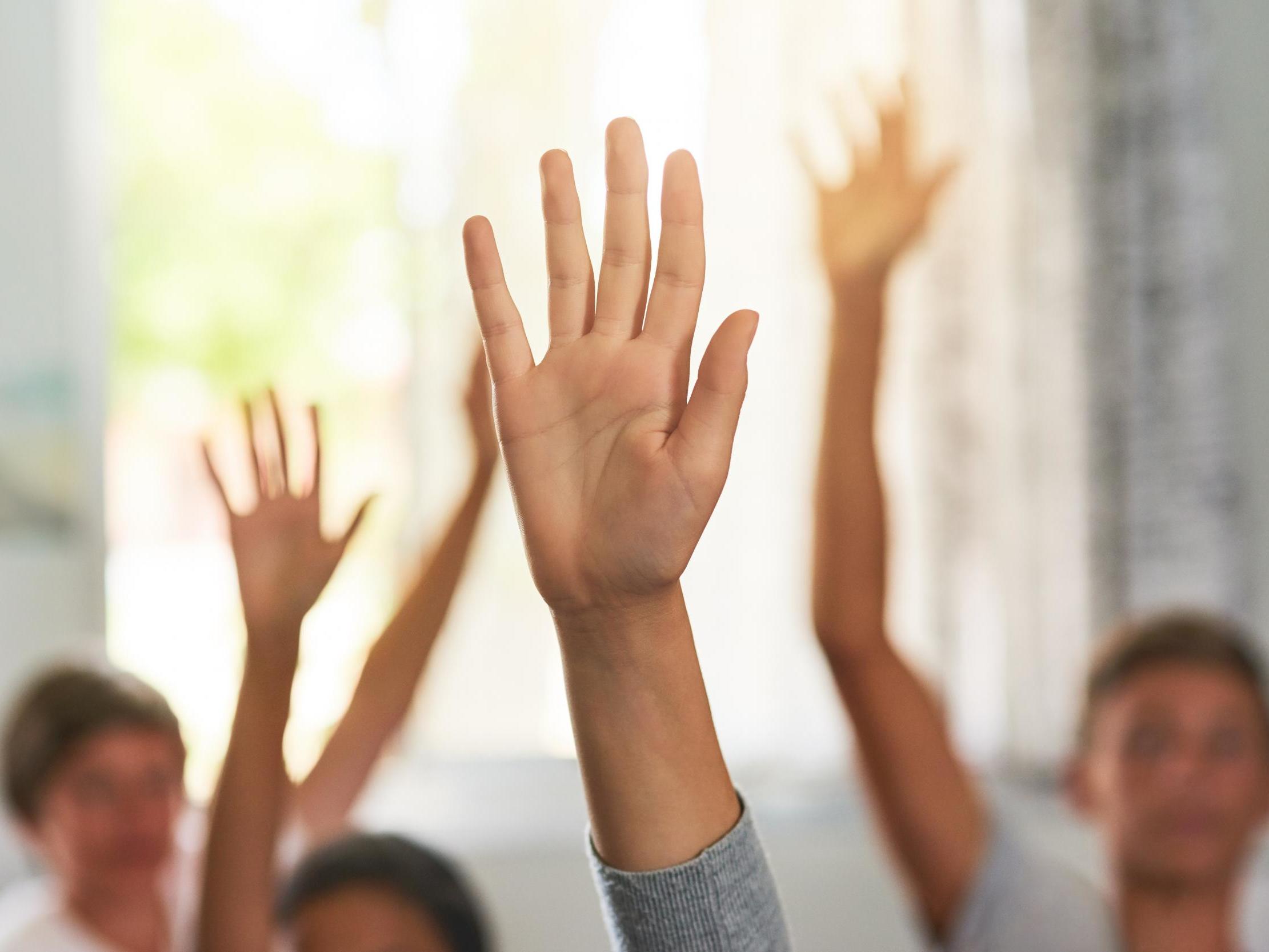We can argue about private and public schools every election but parents will always want what’s best for their kids
Labour and the Lib Dems have made promises to reform schools, but until the money starts flowing parents will always fret whether they are doing the right thing


My son is still in nursery but, like many parents, I already fret about his education – and it started even before he was born. All three main political parties have tapped into this British obsession in announcing reforms to schools, including more funding, in their manifestos.
However, until all that cash materialises and leads to tangible improvements, many parents will continue to weigh up the choice between private and state education. The costs are clear: the first option involves steep fees and, for some families, the sacrifice of a long-held belief in the fundamental unfairness of private schools. The second option is free – at least in theory, as homes in the catchment area of a good state school command a premium.
But when it comes to the benefits, the picture is more complicated.
Francis Ndaji, John Little and Robert Coe at the Centre for Evaluation and Monitoring at Durham University have looked at existing studies – including three in the UK – and concluded that, although there is evidence that independent schools produce better academic results, the difference in achievement narrows significantly once the students’ social background is taken into account.
“Clearly, robust statistical evidence would be required to determine whether the academic advantage that students of independent schools seem to have over their state school counterparts is real, or a reflection of their advantages in family background and prior academic ability,” the researchers wrote in a 2016 study.
In other words, the question is: do private schools provide genuinely better teaching and environment, or do their pupils outperform because of greater parental support and because they have to be more capable from the get-go to gain entry to what are generally selective schools?
Ndaji, Little and Coe set out to answer this question in their report. They examined what remains of the academic gap between public and state schools once you remove the effects of students’ ability, socioeconomic status, gender and differences between schools, such as whether the school is single-sex or not.
The researchers analysed data for four-year-olds, eight-year-olds, 10-year-olds and 16-year-olds and found that academic scores and grades were still higher in independent schools for every age group.
Most strikingly, the overall gap at GCSE level suggested that attending a private school is “associated” with the equivalent of two additional years of schooling by the age of 16. The difference in grades was widest for French, History and Geography and lowest for Chemistry, Biology and Physics.
However, the researchers mentioned a number of limitations to their study – including the possibility that they had not identified all the external factors that should have been controlled for – and urged caution when interpreting the results.
The educational value of private schools for 16- to 18-year-olds was examined in a 2014 report by the Social Market Foundation. The authors looked at value-added scores, which measure the progress a school’s pupils make compared with the progress they would be expected to make based on how well they had been doing at school so far.
They found that, on average, independent schools outperform state schools – although some state schools outperform some independent schools.
Higher academic achievement is also likely to be a major factor behind the significantly higher earnings of those who have attended private schools, the researchers wrote.
There are other factors too. Privately educated young people can benefit from connections made at school to access internships and entry-level jobs in coveted professions. As noted in a report by the Sutton Trust and the Social Mobility Commission earlier this year, many internships are never advertised and instead offered through informal networks.

But private education doesn’t always confer an advantage. For example, a 2017 study in The BMJ, formerly the British Medical Journal, found that medical students from state schools do better at medical school than their counterparts from independent schools.
Beyond university, success often has more to do with the choice of career than with good grades. I’d bet that, on average, state-educated computer programmers earn more and enjoy better job security than privately educated journalists – as the technology sector is booming while the newspaper industry is contracting.
There is another measure of success in adulthood: wellbeing or happiness. Adult wellbeing is strongly linked with wellbeing in childhood and adolescence, which in turn is affected by school experience.
All the more reason to ask when choosing a school: will my child be happy there? The question applies as much to the private as to the state-funded sector as both contain a wide variety of schools.
For what it’s worth, research indicates that measures improving academic performance – such as more traditional teaching methods and, unsurprisingly, more homework – often make school life less enjoyable. And a 2014 study using data on Spanish high schools found that attending a private school had a negative effect on pupils’ wellbeing. The authors suggest that this may be due to greater pressure on students to get top grades.
Inevitably, the findings are general while parents have to decide what will be best for their particular child and, importantly, the adult the child will become.
But schools and policymakers, too, should think harder about the right balance between academic achievement and students’ welfare.
Judging by their manifestos, Labour and the Liberal Democrats already are. Both hit out at the “high-stakes”, stressful culture of testing at schools. The Lib Dems also emphasised the importance of social and emotional development of primary school pupils alongside attainment.
And which parent wouldn’t like all that for their child?
Join our commenting forum
Join thought-provoking conversations, follow other Independent readers and see their replies
Comments
Bookmark popover
Removed from bookmarks